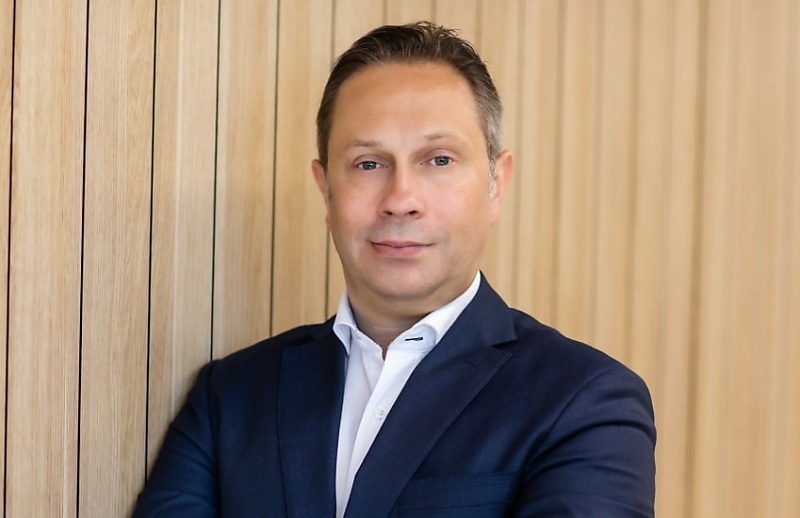Local pullback on AI stalls take-up in Asia-Pacific
TechnologyFewer Australian and New Zealand businesses using AI offset increasing rates of adoption in Asia, a CPA Australia survey finds.

Australian accounting and finance professionals are souring on AI with 8 per cent fewer businesses reporting its use in the past year, according to a survey by CPA Australia.
It found concerns over implementation costs and risks meant just 41 per cent of Australian businesses used AI in the past 12 months, down from 49 per cent, with a similar fall recorded in New Zealand.
It said the two declines in usage offset more the enthusiastic embrace of the technology in Asia, stalling its overall progress.
The survey, of 697 accounting and finance professionals, showed use of AI increased from 48 to 53 per cent in Malaysia and 58 to 69 per cent in China.
But overall, the survey found no change in the percentage of businesses using AI and CPA Australia policy manager Gavan Ord said that the findings challenged public expectations.
“We were surprised that there wasn’t an increase in the number of businesses using AI,” he said.
In particular, expectations around the use of generative AI technology like ChatGPT did not reflect realities in the business world.
The survey found no change to businesses’ technology habits in the past 12 months, with the proportion of businesses using AI, including chatbots, staying the same at 55 per cent.
“It’s very fashionable to talk about using AI tools like ChatGPT. But the reality is that most small and medium-sized businesses are still considering how to integrate them. In other cases, they don’t have the resources to use them properly or maybe they just don’t feel like they need them,” Mr Ord said.
Businesses that adopted AI generally fared better financially, with 64 per cent of respondents who experienced heightened profitability integrating AI in some capacity. By contrast, for businesses that reported unchanged or reduced profitability, AI use was lower at 52 per cent.
However, these gains were not enough to offset barriers caused by costs and concerns over risk.
“Our engagement with members indicates that lots of businesses and professionals have experimented with generative AI tools in recent times. However, many are still unsure about how they can use AI in a safe and secure way,” Mr Ord said.
“We encourage businesses to embrace the latest technologies, but only if they are right for them and their circumstances.”
Smaller businesses were less likely to undertake technology initiatives in the past 12 months, while larger companies reported a higher use of data-driven technology.
A third of respondents said that “financial costs and low return on investment” were a challenge to technology adoption, regardless of business size. “A shortage of technology talent” was the second-most popular answer. In response to this, 36 per cent of businesses upskilled existing employees while 34 per cent outsourced work to third parties.
“There are natural benefits to upskilling existing staff where possible, most notably the continuity it allows. That’s helpful to the business in the short term. It’s also valuable in the long run because it creates further development opportunities for staff. This is especially important for job satisfaction and career progression in technology-related roles,” Mr Ord said.
A Roy Morgan survey released yesterday on attitudes towards AI showed the general public shared similar concerns over its risks.
Over one-half of respondents (57 per cent) said that AI “creates more problems than it solves”, with potential for job losses, lack of regulation and risk of abuse as the most popular reasons cited.
Mr Ord said the decision to adopt AI was like “any investment decision”, and “businesses need to conduct a cost-benefit analysis of any new product or service they are considering”.
“If adopting AI becomes a marginal decision, it’s easy to see why some businesses would fall on the side of ‘let’s wait and see’,” he said.




